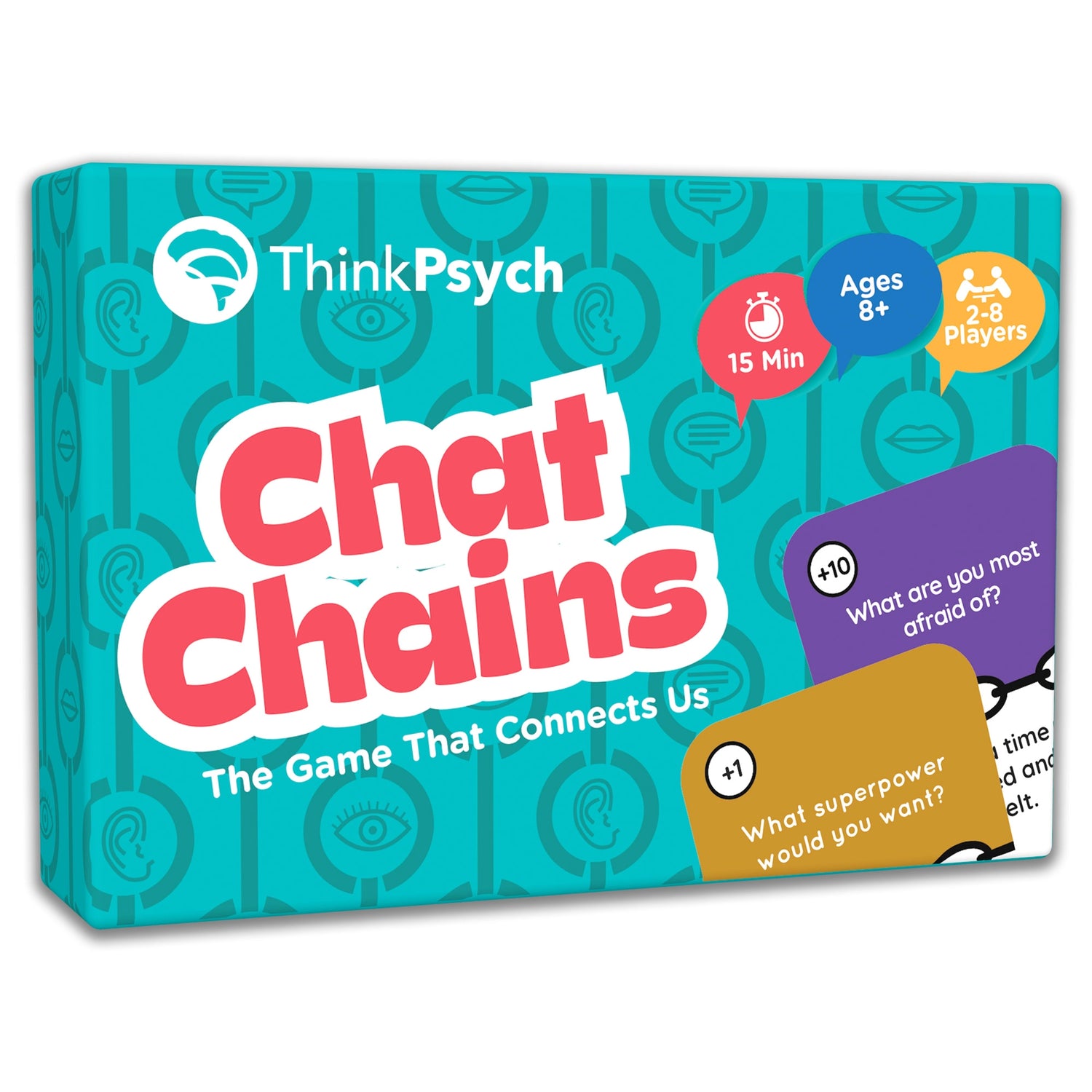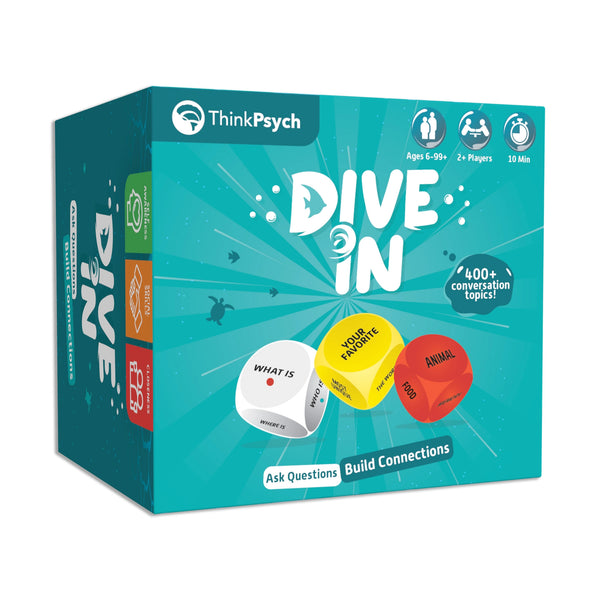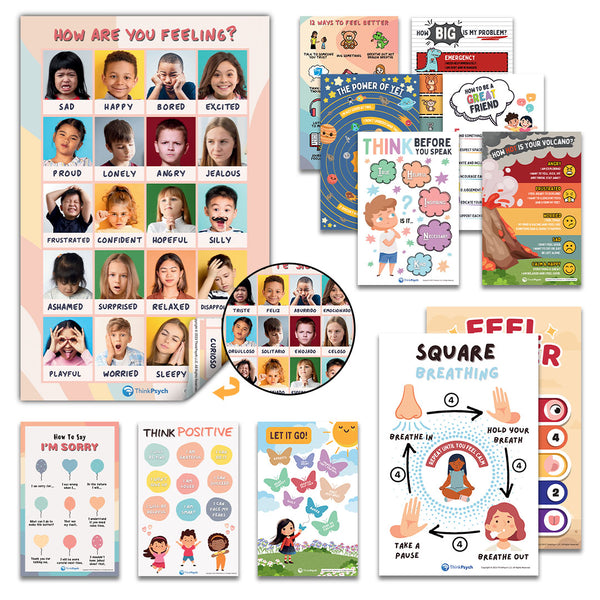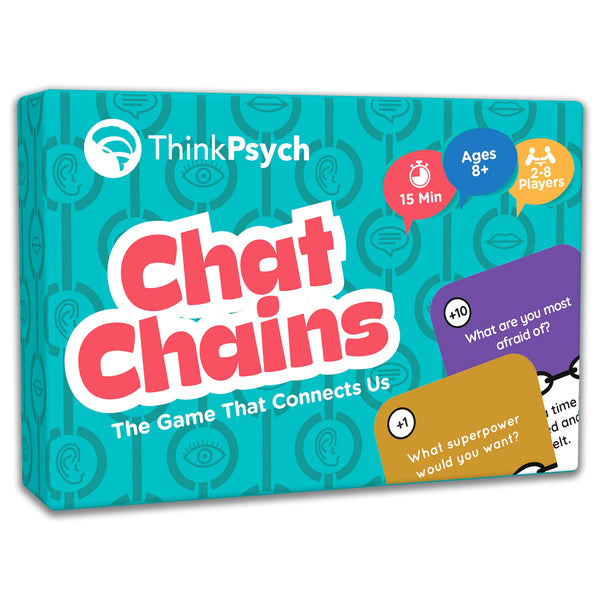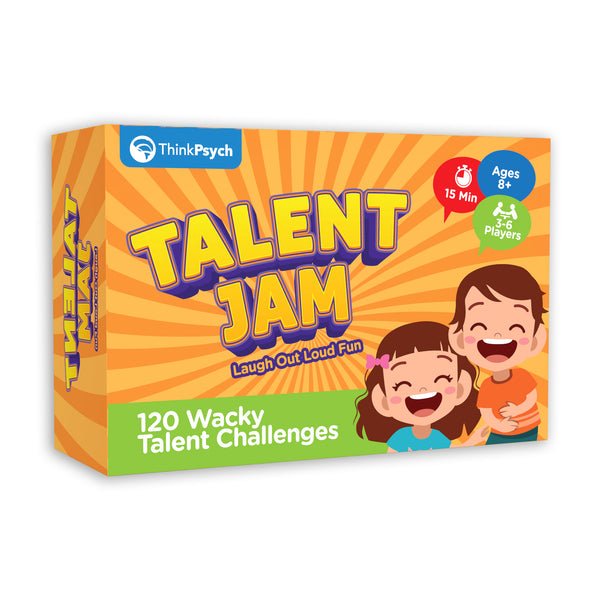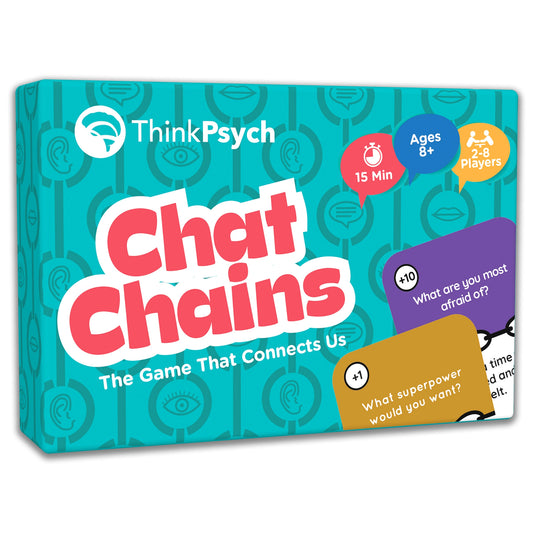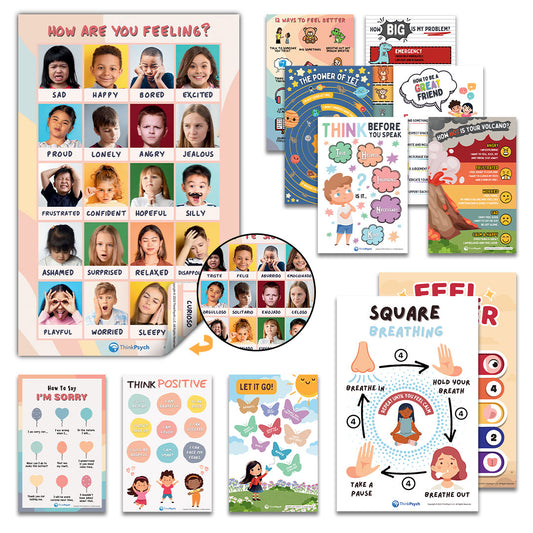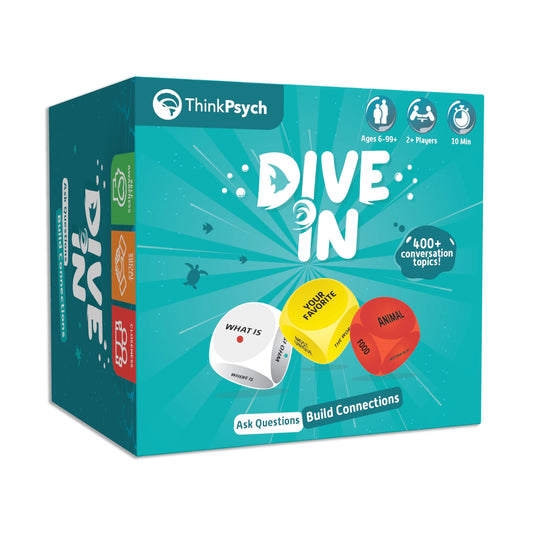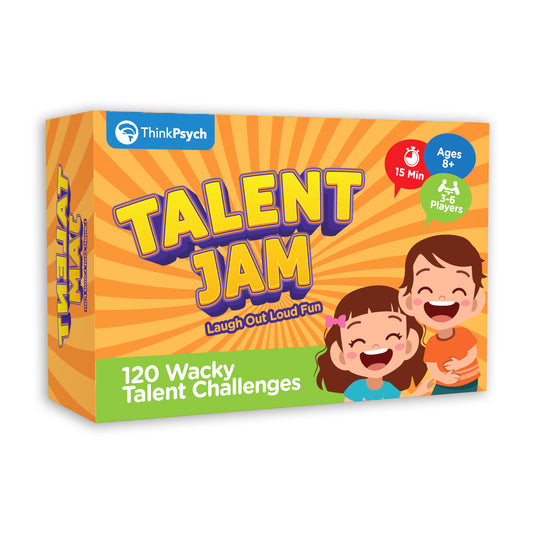
Top 10 Learning Strategies for Summer Break
Share
Summer break is a welcome rest after a busy school year. Your kids deserve to recharge and have some fun!
But just because school’s out doesn’t mean that learning is on pause. Summer learning loss is a real phenomenon that can slow down your kids’ skills development. What’s more, your kids may suffer from feeling bored over break and/or spend too many hours in front of screens.
Here are our expert learning strategies for summer to design well-balanced activities that keep your kids engaged.
Making the Most of Summer Break
Summer break offers key learning opportunities for your kids, but it should feel distinct from the traditional school year. Now’s the time to set aside workbooks and study time, and instead prioritize engaging activities for your kids.
1. Focus on Hands-On Learning Strategies
Encourage your kids to explore their world. Instead of math exercises, work on fractions while cooking together. Instead of biology worksheets, go outside and study local flora and fauna. No matter the topic, try to make learning as interactive as possible.
2. Follow Your Kid’s Interests
Summer is great for deepening your kid’s interests and hobbies. Find ways to hone the skills they care about most. Sign them up for a summer camp aligned with their passions, or find a mentor or team for their hobby.
3. Don’t Dismiss Learning Apps
It’s normal for your kids to enjoy more screen time during the summer. But you can make that time more enriching by finding learning apps and games that can engage their brain. Some fun, learning-oriented programs include ABCmouse.com, Khan Academy, Prodigy and more.
4. Don’t Overdo It
Your kids need downtime, too. In fact, there are a lot of interesting benefits to boredom for children and can lead to exciting, unplanned activities. Give your child the space to learn on their own and make sure you’re not pressuring or drilling your child too much during the summer.
Key Learning Strategies for Summer Break
To kick off the break on the right foot, here are some learning strategies for summer to keep your kids active and engaged.
Customer Favorites From Our Store
1. Build a Well-Balanced Summer Routine
Routine is comforting for kids, especially when they’re faced with the open hours of summer. Come up with a nicely balanced schedule for your kids that they can depend on. You might even post this schedule on the fridge or a wall so they can check what to expect.
2. Read, Write and Do Math Every Day
Reading, writing and math are the three key pillars of academic preparation. Try to incorporate this trio of skills every day of your child’s summer. The more engaging, the better!
- Reading: Encourage your kid to join a summer reading challenge at your public library and do activities that require reading, such as reading directions for a craft or recipe.
- Writing: Set up a pen pal exchange, prompt your child to journal or have them write a storybook. You should also use writing for daily tasks such as grocery lists, fridge whiteboards or post-it notes.
- Math: Do math every day in small ways. For example, practice math by cooking together or solving a word problem. Engage your child to calculate change when buying items or the price of filling up the gas tank. In addition, you can incorporate games such as Bedtime Math into your routine.
3. Encourage Outdoor Play
Staying active is essential to your child’s development. Be sure your kid is enjoying the outdoors during summer with a sport, playground time or simply running around the backyard. Your local pool or running trail may also be a great spot to burn off energy.
4. Strengthen Your Child’s Relationships
Summer can be lonely away from the hustle and bustle of school. Strengthen your child’s relationships by encouraging playdates and group play at a sport’s league, summer camp or nearby playgrounds. Find ways to help your child spend quality time with friends, both old and new.
5. Come Up With Long-Term Projects
Older kids or teens may also enjoy summer projects, such as writing and putting on a play, creating an art exhibit, hosting an event such as a garage sale or games tournament, or learning a new skill, such as coding, a sport or a musical instrument.
6. Take Lots of Field Trips
Get your kid out of the house and learn in unconventional ways. Take them to museums, zoos, natural parks, science labs, famous sites and more. Experiential learning is wonderfully engaging and may open new horizons for your kid.
Keep Your Kid Engaged This Summer
Summer break is time for relaxing, having fun and even learning. Here are ThinkPysch, we hope you leverage our tips to help your child learn new skills and have enriching experiences this summer.
For more advice on how to improve your kid’s learning development, check out our articles on ThinkPsych!
References:
- Brookings Institution, Summer Learning Loss, https://www.brookings.edu
- Child Mind Institute, Strategies for a Successful Summer Break, https://childmind.org
- Parenting Science, How to Prevent Summer Learning Loss (and Still Have Fun), https://parentingscience.com
- Pexels, cottonbro studio, https://www.pexels.com/photo/a-group-of-kids-scouting-9290024/
